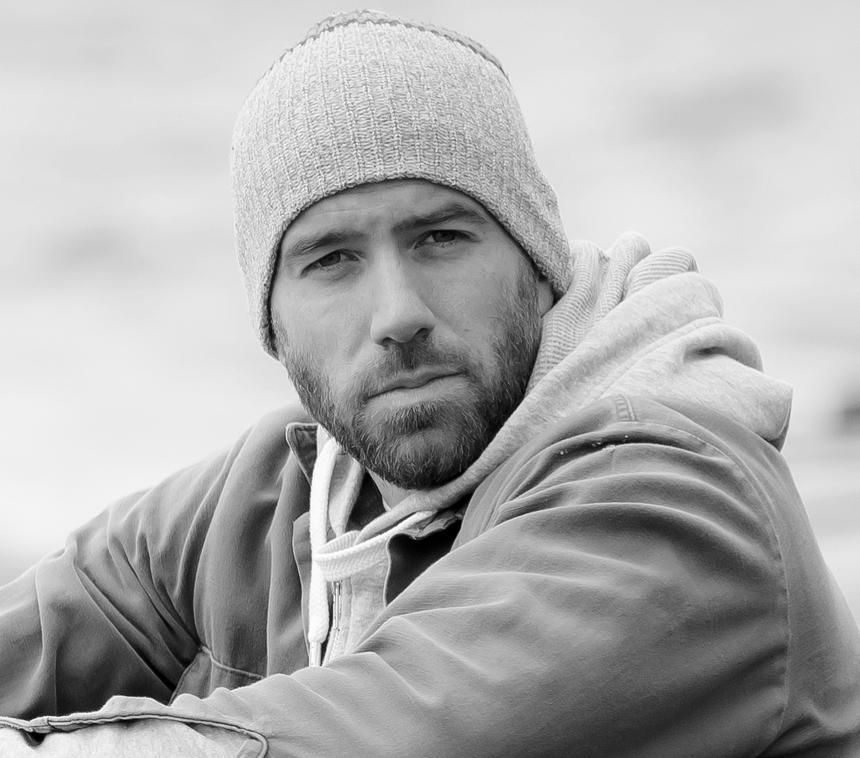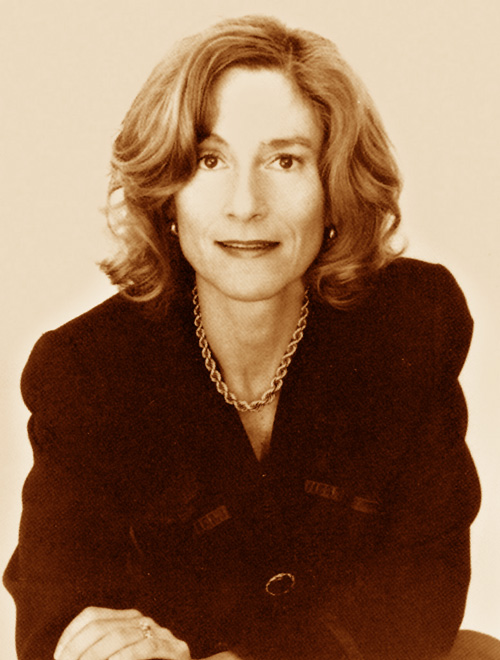#AMREADING IAIN REID’S
I’M THINKING OF ENDING THINGS.
This
psychological thriller is all about relationships with others (or is it with
the self?). The surprise ending will answer that question. Either way, Jake
(the protagonist of the story, shall we say) is right:
Forfeiting
solitude or independence is a much
greater sacrifice than most of us realize… It’s not unlike religion and God. We
believe in certain constructs that help us understand life…The idea that
we are better off
with one person for the rest of our lives is not an innate truth of existence.
It’s a belief we want to be true.
Without
the Other, so much of life felt
accidental, unnecessary, arbitrary. It’s been lacking a dimension. Then
again, a real relationship -- when there
is dependence, when something is at stake – may involve the loss of the self.
We
get at the truest version of ourselves …when
we are not diluted by the Other’s presence
and judgments…Only when we are alone can we focus on ourselves, know ourselves.
What
does Jake tell us about his Other? He called me a compressed Uma Thurman she says. He never called me sexy… He called me pretty and he said “beautiful”
once or twice, the way guys do. Once he called me therapeutic.
The
key to understanding Reid’s novel is the phrase: You can say anything, you can do anything, but you can’t fake a thought.
But
you know what? I think all thoughts are fake. That’s what makes them thoughts
rather than observations. They have no independent existence. They serve only
as tools to interpret the world.
And
even so, we can’t understand the world
through rationality, not entirely. We depend on symbols for meaning…This
integration reflects the way our minds work, the way we function and interact;
our split between logic, reason, and something else, something close to
feeling, or spirit. There’s a word that will probably make you bristle.





























